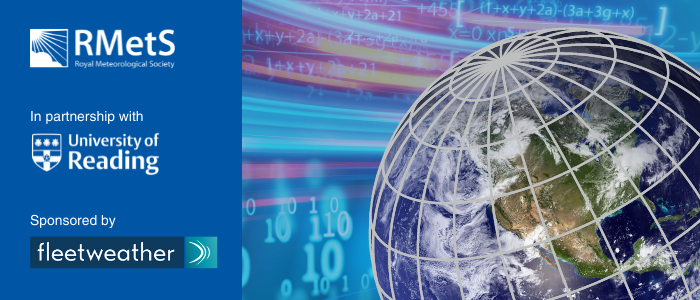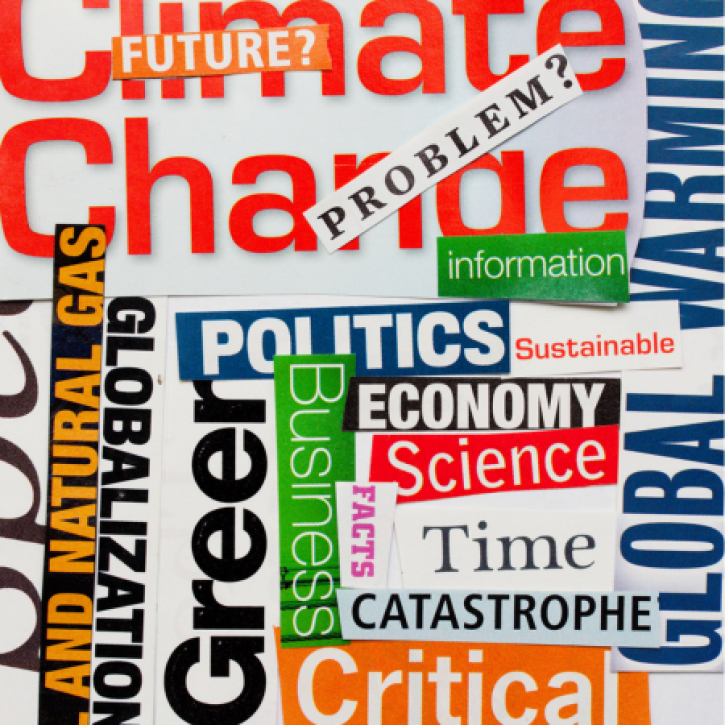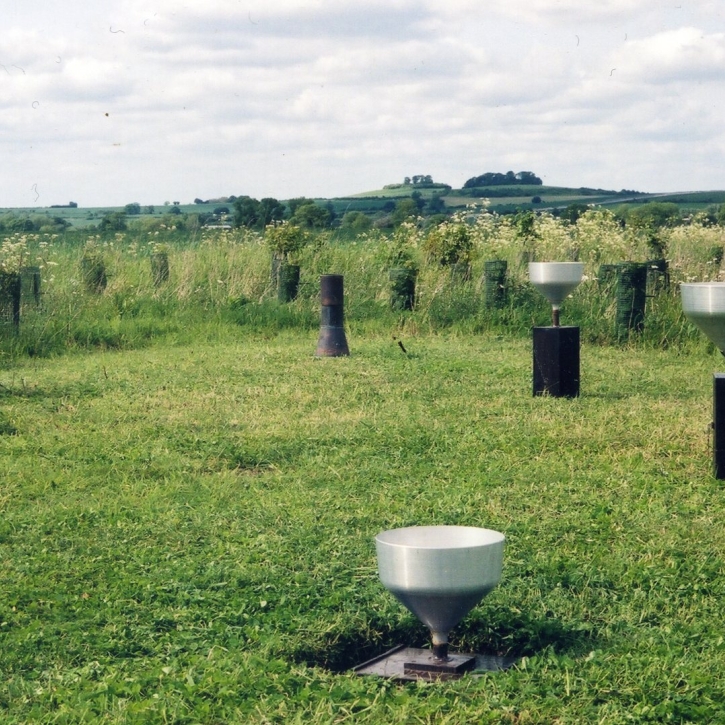

MASTERCLASS | How do we use the "Weather" in "Numerical Weather Prediction"?
LOCATION
SPEAKER: Professor Peter Clark
Continuing our online Meteorological Masterclasses in partnership with the University of Reading, we are pleased to announce a new Masterclass series in “Advances in weather and climate forecasting”.
During this series, three leading experts from the University of Reading discussed the latest scientific advances for understanding and predicting weather, climate and its impacts. Topics to be covered include data assimilation and machine learning; identification of causal pathways in atmospheric teleconnections; and modelling advances in resolution and parameterization for weather forecasting.
These masterclasses are intended to provide support for professionals working in Meteorology and Climate Science, and its operational applications who wish to remain up to date on recent scientific developments in the field.
Masterclasses will ran weekly on Wednesday’s 16th, 23rd and 30th March 2022 from 3 pm to 4.30 pm (UTC), consisting of a presentation followed by the opportunity for questions and discussion with the speaker. Whilst the webinars are part of a series, attendance at all three events was not compulsory.
We have been forecasting using computer models for well over 50 years. However, we soon became used to the idea that so-called ‘NWP’ models predict the synoptic-scale meteorology, such as the position and strength of low- or high-pressure regions. They lacked the resolution or sufficiently sophisticated representation of physical processes to actually forecast the ‘weather’ such as rain, cloud, fog without additional help from some kind of post-processing or interpretation by meteorologists.
Vast increases in computer power have led, in part at least, to increases in model resolution and sophistication, pioneered in regional models to the extent that they now do represent much of the ‘weather’ directly. Model horizontal grid lengths of 1-2 km are now common, and some centres are investigating resolutions 10 times higher, such that some of the motions we would label as ‘turbulence’ are explicitly simulated!
This revolution in resolution has contributed to huge improvements in forecasting the ‘meteorology’, but, paradoxically, smaller scales are less predictable than larger scales, partly because of higher sensitivity to physical processes like cloud microphysics and turbulence. We are faced with a real dilemma over what we can believe in models, how we represent our uncertain knowledge through stochastic parametrizations and how we extract the best information from what we have. This talk and discussion will highlight these issues and discuss some of the work going on to help us make best use of these advances.
Prof Peter Clark is a Professor of Meteorology at the University of Reading and an Honorary Research Fellow of the UK Met Office. He is a Theoretical Physicist by training and began his career in industry, working on air pollution at the Central Electricity Research Laboratories. Peter joined the Met Office in 1992 and spent much of his career there working at the high-resolution end of Numerical Weather Prediction, eventually leading the group that developed ‘convection-permitting’ capabilities and applications in the Met Office NWP system. Peter left the Met Office in 2010 for academia, first at the University of Surrey and, from 2012 the University of Reading Department of Meteorology, as Joint Met Office Chair in Weather Processes until he stepped down in 2019. Current research interests include the initiation, development and predictability of convective storms, parametrization of convection and turbulence in grey zones and the representation of urban areas in mesoscale models.
"Correlation does not (necessarily) Imply Causation" – Extracting Causal Information from Climate Data | 15:00-16:30 | 16th March 2022
SPEAKER: Dr Marlene Kretschmer, Research Scientist University of Reading
Data Assimilation and Crowdsourced Observations in Numerical Weather Prediction | 15:00-16:30 | 30 March 2022
SPEAKER: Professor Sarah Dance
Sponsored by
SPEAKER: Professor Peter Clark
Continuing our online Meteorological Masterclasses in partnership with the University of Reading, we are pleased to announce a new Masterclass series in “Advances in weather and climate forecasting”.
During this series, three leading experts from the University of Reading discussed the latest scientific advances for understanding and predicting weather, climate and its impacts. Topics to be covered include data assimilation and machine learning; identification of causal pathways in atmospheric teleconnections; and modelling advances in resolution and parameterization for weather forecasting.
These masterclasses are intended to provide support for professionals working in Meteorology and Climate Science, and its operational applications who wish to remain up to date on recent scientific developments in the field.
Masterclasses will ran weekly on Wednesday’s 16th, 23rd and 30th March 2022 from 3 pm to 4.30 pm (UTC), consisting of a presentation followed by the opportunity for questions and discussion with the speaker. Whilst the webinars are part of a series, attendance at all three events was not compulsory.
We have been forecasting using computer models for well over 50 years. However, we soon became used to the idea that so-called ‘NWP’ models predict the synoptic-scale meteorology, such as the position and strength of low- or high-pressure regions. They lacked the resolution or sufficiently sophisticated representation of physical processes to actually forecast the ‘weather’ such as rain, cloud, fog without additional help from some kind of post-processing or interpretation by meteorologists.
Vast increases in computer power have led, in part at least, to increases in model resolution and sophistication, pioneered in regional models to the extent that they now do represent much of the ‘weather’ directly. Model horizontal grid lengths of 1-2 km are now common, and some centres are investigating resolutions 10 times higher, such that some of the motions we would label as ‘turbulence’ are explicitly simulated!
This revolution in resolution has contributed to huge improvements in forecasting the ‘meteorology’, but, paradoxically, smaller scales are less predictable than larger scales, partly because of higher sensitivity to physical processes like cloud microphysics and turbulence. We are faced with a real dilemma over what we can believe in models, how we represent our uncertain knowledge through stochastic parametrizations and how we extract the best information from what we have. This talk and discussion will highlight these issues and discuss some of the work going on to help us make best use of these advances.
Prof Peter Clark is a Professor of Meteorology at the University of Reading and an Honorary Research Fellow of the UK Met Office. He is a Theoretical Physicist by training and began his career in industry, working on air pollution at the Central Electricity Research Laboratories. Peter joined the Met Office in 1992 and spent much of his career there working at the high-resolution end of Numerical Weather Prediction, eventually leading the group that developed ‘convection-permitting’ capabilities and applications in the Met Office NWP system. Peter left the Met Office in 2010 for academia, first at the University of Surrey and, from 2012 the University of Reading Department of Meteorology, as Joint Met Office Chair in Weather Processes until he stepped down in 2019. Current research interests include the initiation, development and predictability of convective storms, parametrization of convection and turbulence in grey zones and the representation of urban areas in mesoscale models.
"Correlation does not (necessarily) Imply Causation" – Extracting Causal Information from Climate Data | 15:00-16:30 | 16th March 2022
SPEAKER: Dr Marlene Kretschmer, Research Scientist University of Reading
Data Assimilation and Crowdsourced Observations in Numerical Weather Prediction | 15:00-16:30 | 30 March 2022
SPEAKER: Professor Sarah Dance






